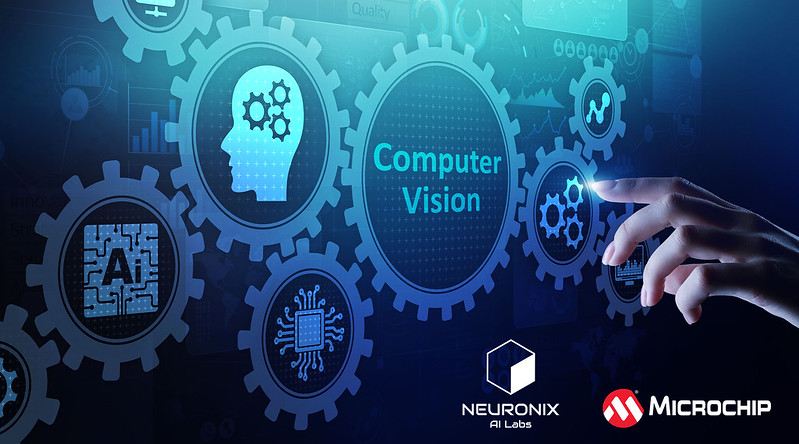Microchip Technology Acquires Neuronix AI Labs
Innovative technology enhances AI-enabled intelligent edge solutions and increases neural networking capabilities.
Microchip Technology has acquired Neuronix AI Labs to expand its capabilities for power-efficient, AI-enabled edge solutions deployed on field programmable gate arrays (FPGAs). Neuronix AI Labs provides neural network sparsity optimization technology that reduces power, size, and calculations for tasks such as image classification, object detection, and semantic segmentation while maintaining high accuracy.
Microchip’s mid-range PolarFire® FPGAs and SoCs already lead the industry in terms of low power consumption, reliability, and security capabilities. The acquisition of this technology will enable Microchip to develop cost-effective, large-scale edge deployments of components designed for use in computer vision applications on systems that have cost, size, and power constraints and enable a multifold increase in AI/ML processing horsepower on low—and mid-range FPGAs.
“The acquisition of Neuronix AI Labs’ technology will enhance our power efficiency for FPGAs and SoCs deployed in intelligent edge systems that utilize AI/ML algorithms,” said Bruce Weyer, corporate vice president of Microchip’s FPGA business unit. “Neuronix technology combined with our VectorBlox™ design flow increases neural network performance efficiency and delivers outstanding GOPS/watt performance in our low-power PolarFire FPGAs and SoCs. Systems designers can now architect and deploy small-footprint hardware that was previously difficult to build due to size, thermal or power constraints.”
The acquisition of this technology will allow non-FPGA designers to harness powerful parallel processing capabilities using industry-standard A.I. frameworks without requiring in-depth knowledge of FPGA design flow. The combination of Neuronix AI intellectual property and Microchip’s existing compilers and software design kits allows for AI/ML algorithms to be implemented on customizable FPGA logic without a need for resistor-transition level (RTL) expertise or intimate knowledge of the underlying FPGA fabric. It is also designed to update and upgrade CNNs on the fly without reprograming hardware.
“Neuronix AI Labs has been laser-focused on producing best-in-class neural network acceleration architectures and algorithms that can transform user expectations of size, power, performance, and cost,” said Yaron Raz, CEO of Neuronix AI Labs. “Joining the Microchip team offers us a unique opportunity to scale and align with an FPGA portfolio that has set industry standards for power efficiency.”

